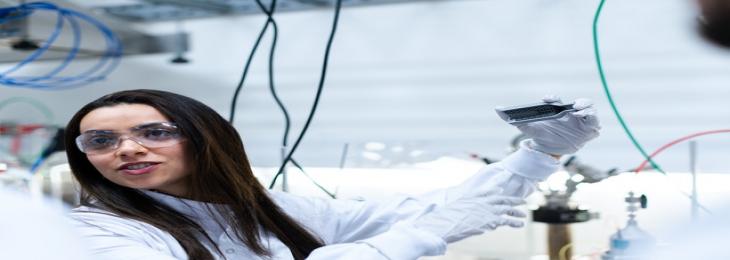Tamarind Waste Can Be Used Energy Storage For EVs
Aug, 2021 - By SMI

Share
There was good electronic conductivity and thermal properties on the carbon nanosheets of tamarind.
In addition to their battery systems, several electric vehicles now use super capacitors for activities like fast power generation while speeding up. A vital ingredient of such equipment could soon be produced from recycling tamarind shells as stated by the research. However, in areas such as North America and Europe, tamarind is not so common whereas in countries like Asia tamarind is consumed in large quantities. The shells of this fruit are recyclable yet they are dumped in the garbage sites. In search of a significant importance for shells, an international team of researchers has decided to use them as a carbon source nanosheets that store power in super capacitors.
This project was led by Nanyang University of Technology in Singapore and involving scientists from Alagappa University of India and the Foreign Science University of Western Norway. The experiment involves washing the tamarind shells collected from the food industry as trash and later drying them for almost six hours. This process transformed the powder of this shells into ultrathin layers of carbon. As the tamarind shells are rich in carbon and porous in composition, they were well suited for the task of porosity increasing the surface area of carbon in the nanosheets, which enables them to supply more electricity. The carbon nanosheets made from tamarind also had good electrical conductivity and thermal stability. Furthermore, the manufacturing process consumed less energy than the process for creating nanosheets from regularly used hemp fibers.
The fibers must be preheated to above 180ºC for about 24 hours before being treated in a heat exchanger like tamarind beans. The scientists are currently working to lower the energy consumption of their method, as well as looking at other methods to make it more environmentally friendly. They also want to develop the method so that carbon nanosheets may be mass produced commercially. The research was published in the journal Chemosphere by Assistance Professor (Steve) Cuong Dang of Nanyang Technological University.
Share
Stratagem Market Insights
533 Airport Boulevard, Suite 400, Burlingame, CA 94010, United States
Delivery Center
403, 4th Floor, Bremen Business Center
Aundh, Pune, Maharashtra 411007
India
